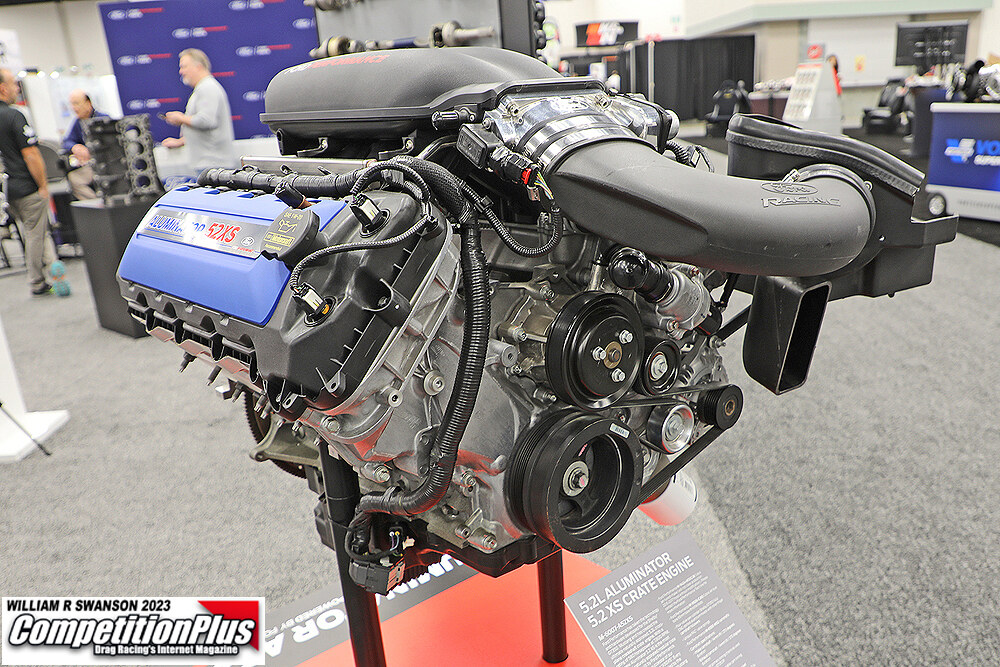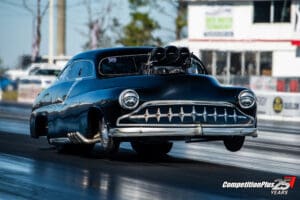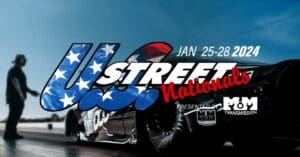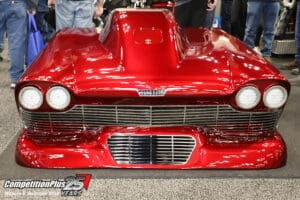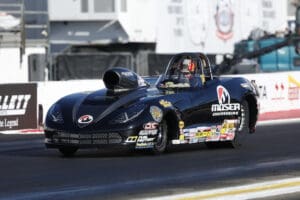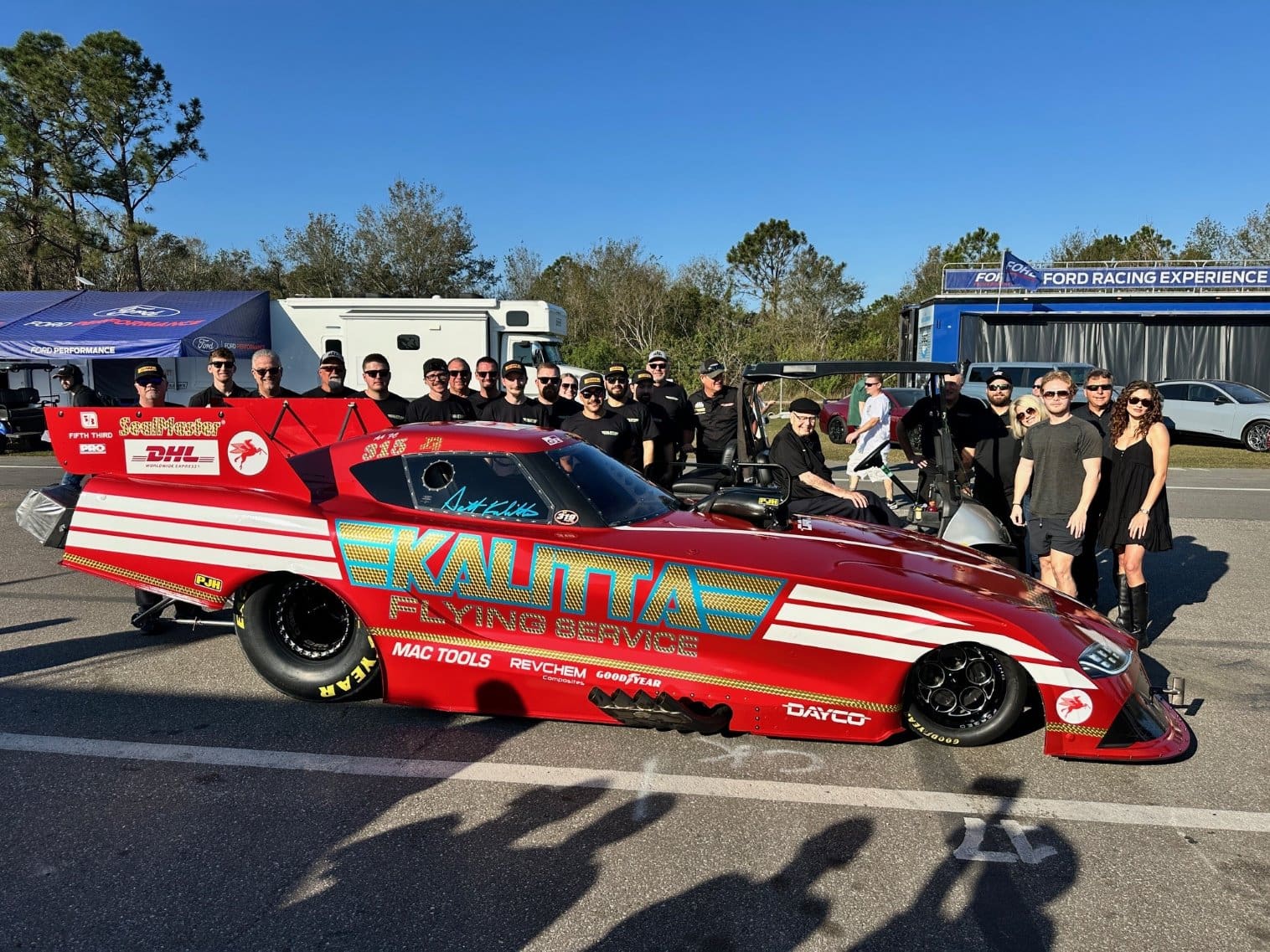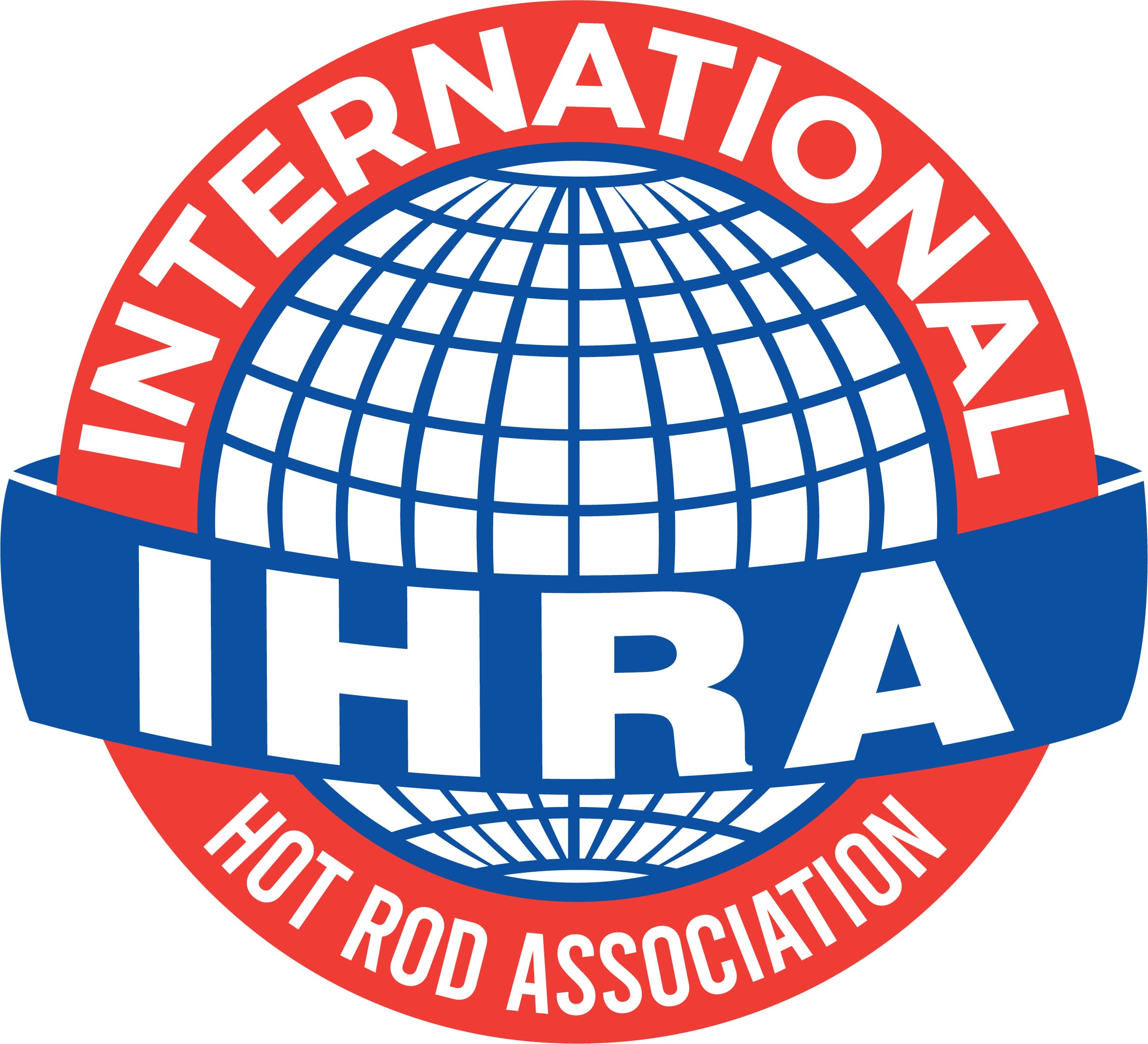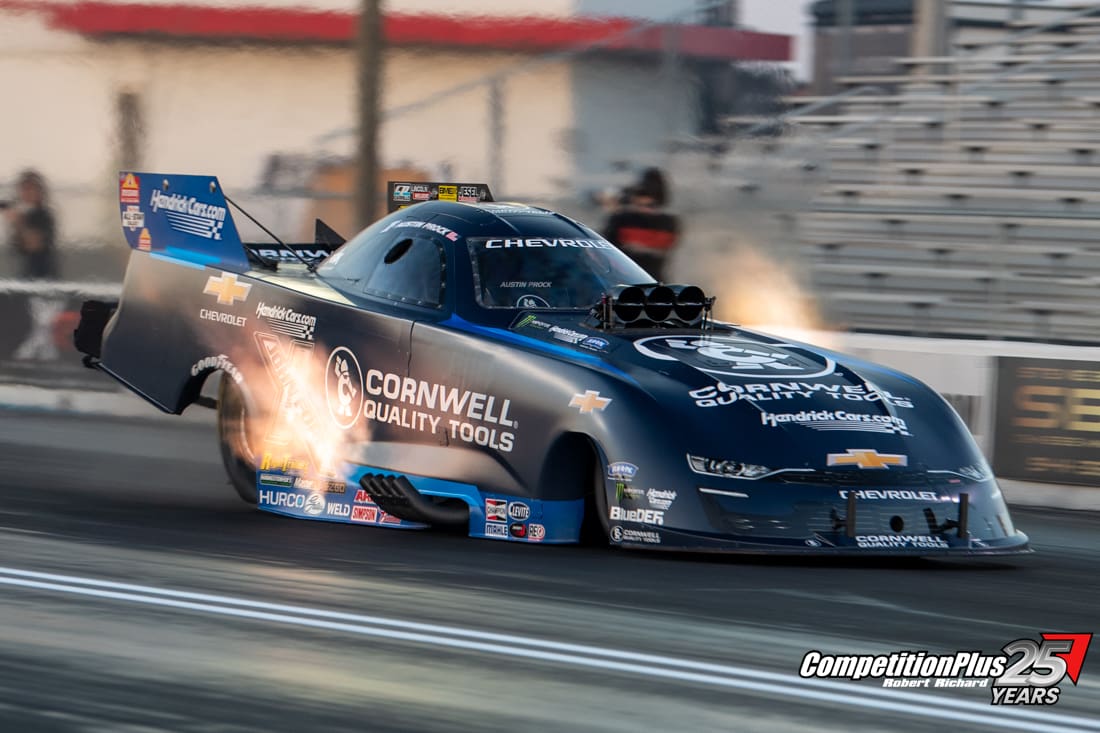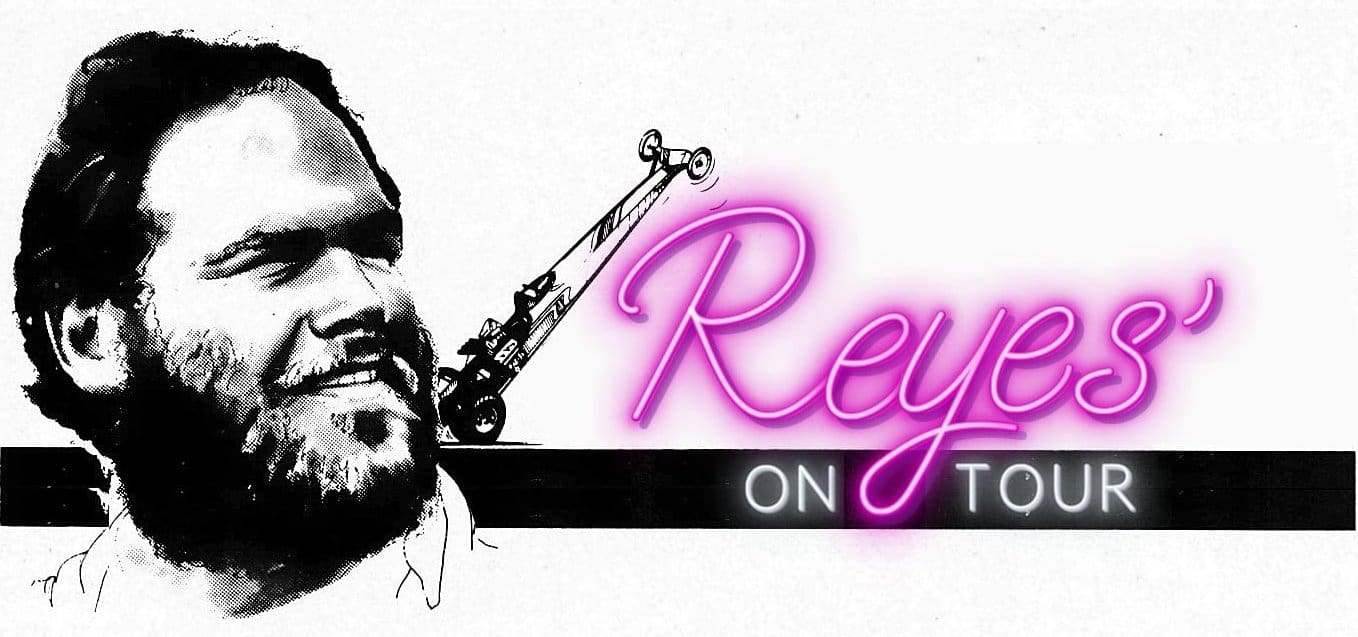Bob Glidden recalls his most storied championship triumph ever

 Bob Glidden had every reason to believe he wouldn’t win the 1980 NHRA Pro Stock crown.
Bob Glidden had every reason to believe he wouldn’t win the 1980 NHRA Pro Stock crown.
Already a four-time champion, Glidden’s follow-up to an incredible seven-win 1979 season, got off to a bad start through a series of misfortunes, not of his own making.
First, Glidden’s major sponsor and factory supporter for the 1979 season, Chrysler, filed for bankruptcy leaving him to run the new season on his own dime.
Secondly, by the third event of the 1980 season Glidden was forced to return back to a Ford Fairmont, a car he admitted was not very good.
Thirdly, Glidden was forced to deal with a race team, in a Chevrolet Camaro, intent on dethroning him.
Facing such enormous obstacles, a lesser man might have given up. In that era or any era, Glidden has never been a lesser man.
Trailing by nearly 250 points headed into the final event of the 1980 season, Glidden’s title hopes would only be realized by the convergence of several factors, some outside of his control. Reher & Morrison team driver Lee Shepherd had to exit early and Glidden needed a personal performance which included low elapsed time and top speed [both points earning accolades at the time] and the event win.
Even Glidden had to admit the odds were stacked against him.

“We didn’t really think about the points because we just took it one race at a time,” Glidden said. “Honestly, going into the World Finals we didn’t figure we had a chance of winning the championship.”
In the past nothing seemed impossible for Glidden, a veteran driver who had won 14 of 18 events in the previous two seasons with two diametrically opposite combinations, a Ford in 1978 and a Mopar product in 1979.
What was different in 1980, was the competition. Reher & Morrison, of Arlington, Texas, had made it clear they were determined to step up and challenge his supremacy.
Glidden’s dominance wasn’t going to be easy to overcome. The Whiteland, Indiana native had qualified on the pole of fifteen straight national events headed into the 1980 season opener. A streak dating back to the 1978 season; a year he went to the finals of all seven events and won all but one.
Glidden opened the 1980 season at the NHRA Winternationals, in Pomona, California, by qualifying second; two spots ahead of Shepherd. The first major showdown of many transpired when the two met in the semi-finals. Glidden broke a transmission and Shepherd won not only that round but also the event. That triumph marked the first career national event win for Shepherd and would provide an ironic twist later in this story.
For the first time, it appeared that Glidden was human and not the robot many feared he was.
Glidden and Shepherd qualified one – two at the next event, the NHRA Gatornationals in Gainesville, Florida. This time the two met in the finals and Shepherd won it by an 8.518 to 8.580 margin. The media began to catch on to the growing rivalry and quoted Shepherd as saying he had been happy to reach the finals, much less win.
By the time the NHRA tour reached the third event in Baton Rouge, Louisiana, Glidden had opted to park the Plymouth Arrow; a car later sold to Don Campanello, and took on a 1980 Fairmont. However, by Glidden’s own admission, the 1980 model was not as good as the Fairmont he fielded in 1978.
“I didn’t really like that 1980 car, it had a lot of problems,” Glidden said. “In the end it delivered, but throughout the year it gave us fits.”
Shepherd was clearly gaining momentum with every event. At the Cajun Nationals he beat Glidden in the first round en route to recording a third victory at the expense of Frank Iaconio, the only GM driver to win an event in the previous two seasons.
The Reher & Morrison camp may have had an astounding advantage in the points over Glidden, but they knew his work ethic would not sit idly by while they dominated. As a result, they experimented with a big block combination.
In those days, the NHRA factored their Pro Stock division on a pounds-per-cubic inch basis and the small block engine was largely the power plant of choice. Both Glidden and Shepherd were running the small engines. However, Shepherd’s car owners may have lost focus despite their early successes against Glidden. Time was spent at a divisional event with a large block motor. In that event, an NHRA divisional meet in Amarillo, Texas, Shepherd exceeded the national record with an 8.35, 163mph, elapsed time.
It was time that might have been better spent staying one step ahead of Glidden with the small block motor.
Shepherd showed up at the next event, the NHRA Springnationals in Columbus, Ohio once again with the small block under the hood of the Reher & Morrison Camaro. Glidden landed on the pole again and beat Shepherd in the final round. The tide was turning.
Glidden, nicknamed by his peers as the Mad Dog, tasting blood, nailed Shepherd for the second event in a row during the NHRA Mile High Nationals in Denver, Colorado. He also established the world record with an altitude-adjusted 8.33 elapsed time.
By the time the tour headed to the NHRA Summernationals in Englishtown, New Jersey, Glidden was already 3,000 points behind. The difference was huge, but not insurmountable. The Mad Dog’s back-to-back victories in Columbus and Denver had gained him very little ground on Shepherd, who had compounded his early success by winning strong at home in Division 4.

In July, Glidden won the battle but lost the war at the NHRA Summernationals in Englishtown, New Jersey. He qualified on the pole but lost in the finals on a Shepherd hole shot.
Drag racing and points chasing was much different during the 1980 season than it is now. Often, teams would leave a national event and drive all night to a divisional or regional event. Both Glidden and Shepherd traveled to Canada to qualify for the NHRA Grandnational in Montreal, Quebec.
Shepherd quickly established the top spot on Thursday in Canada, and the Reher & Morrison team packed up and headed for the points-earning Popular Hot Rodding Nationals at U.S. 131 Dragway in Martin, Michigan. Glidden hung around long enough to take the top spot and then set out on the 700-mile journey to Martin.
With one shot to get into the field at Martin, both qualified and headed back to Montreal for the Saturday finals. Shepherd won the event over Glidden. They returned to Martin where Glidden beat Shepherd in the second round.
Glidden made it a point to hit every divisional and regional points event possible until he narrowed Shepherd’s lead to 426 headed into Indy. In those days, the NHRA U.S. Nationals offered double points. Glidden’s Indy success had been unparalleled during that time and when he nailed down the top qualifying spot, he appeared to be in control of his destiny. This was a lost opportunity as Shepherd beat Glidden in the finals.
With two races left on the schedule, Glidden was painfully aware that he was going to have to perform the unbelievable and hope that Shepherd faulted in some way.
Glidden doing the unbelievable was possible; he’d done it before. Shepherd goofing up was unlikely at this stage in the game.
Glidden won the next NHRA national event in Seattle, Washington, when Shepherd fried the clutch.
For the final event, the scenario was simple. Shepherd had to qualify and go at least two rounds at the NHRA World Finals in Ontario, California, and he would be the champion. Glidden, on the other hand had to hope for an early exit for Shepherd and establish low elapsed time, top speed and win the event.
“To win the thing, we had to do a lot of things that were based on performance and we were racing at Ontario Speedway and we didn’t have good air and were a few hundredths slower than the record. Low and behold, before the final round the Santa Ana winds came in and gave us cloud cover, Glidden remembered.
While the majority of the field was mired in the 8.50s and 8.60s, Shepherd let the Pro Stock contingent know that he was ready to be champion by scoring the pole position with an 8.43, 159.57. Glidden was not giving up either as he landed second with an 8.46.
Both drivers won in the first round. All Shepherd had to do in the second round to lock up the crown was beat former AMC driver Andy Mannarino. Remember earlier in the story when Glidden broke a transmission against Shepherd at the season-opener? That same fate befell Shepherd against Mannarino.
Glidden, whose crew was comprised of wife Etta and sons Billy and Rusty, sensed a chance and that was all it took.
“Etta and I knew that if I made a good run, the world record was within reach,” Glidden said. “We had a head wind. Between the semi-finals, the head wind turned into a tail wind. The only thing we were worried about was going too quick and fast for a back up for the record.
 Glidden’s final round opponent was Iaconio. When the light flashed green, Glidden left on Iaconio so bad it looked like a sportsman handicap had been put into the tree. Actually, it was a combination of Glidden being eager and Iaconio being late.
Glidden’s final round opponent was Iaconio. When the light flashed green, Glidden left on Iaconio so bad it looked like a sportsman handicap had been put into the tree. Actually, it was a combination of Glidden being eager and Iaconio being late.
“I don’t think Frankie intended to lose that race that bad,” Glidden said, with a chuckle. “I guess it would be better if I said we paid him to lose.”
Those who know Glidden know better.
Glidden fulfilled every championship obligation ranging from the low elapsed time to top speed to the event win. Asked later,
Glidden confirmed that beating Shepherd and the Reher & Morrison group was something that demanded the greatest effort he’d ever exerted to that point. There was no doubt that Glidden worked his fingers to the bone, but the 1980 championship battle forced him to perform at an even higher level.
“He’s been like a computer,” Glidden told Super Stock and Drag Illustrated in 1980. “I didn’t think much about Lee throughout the year, except when it came time to race him. I think that he made the best effort of anyone as a driver this year. He did everything he was supposed to do and it seemed like every one of us that had to run him always screwed up.”
But in the end, Glidden admitted there was an extra incentive.
“They [Reher, Morrison and Shepherd] were a fierce group of competitors and the real kicker for them is they already had world champion shirts printed,” Glidden said. “I guess the spite in me made winning that event real good.”
















